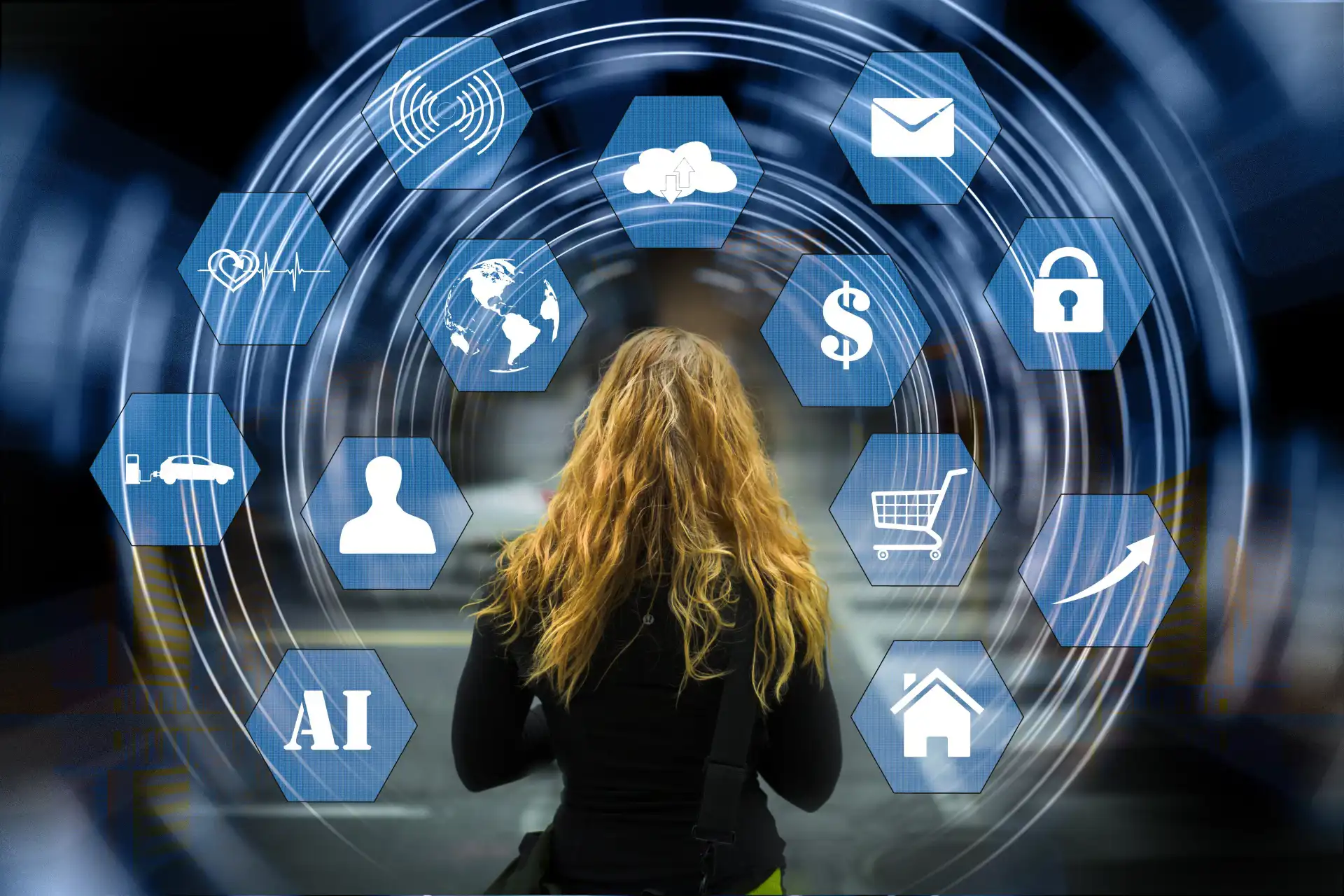Recently in Japan, a movement has gained momentum pushing Apple to adjust its iOS privacy settings to permit sideloading of applications. These requests, predominantly led by regulatory agencies, could significantly impact Apple's business model if realized.
Sideloading, in a nutshell, is the process of manually installing applications on a device without going through the official app store. In iOS's context, it would mean circumventing Apple's App store to download and install apps.
The Pressure of Regulations

Pressure from Japan's regulatory bodies for Apple to bend on sideloading is not happening in a vacuum. It's part of a larger, broad-spectrum push for Big Tech regulations to ensure healthy competition, data privacy, and user rights protection.
In many ways, this call echoes similar sentiments around the world. Apple's stance on sideloading is challenged in many regions, including the EU and India, where antitrust investigations are ongoing.
For a long time, Apple has maintained a strict policy against sideloading. The company cites reasons of data security, privacy, and maintaining a quality user experience. They argue their 'walled garden' approach to App store control is essential to these ends.
Pros and Cons of Sideloading
The core argument for sideloading is fostering competition. Advocates argue that third-party apps outside the App Store could lead to innovation and competitive pricing.
Consumer choice could be another potential benefit. Sideloading can give consumers greater control over apps they use, promoting an environment of consumer-driven innovation.
However, sideloading comes with significant potential hazards too. Many relate these concerns to data security and privacy. Malicious apps could pose privacy threats if loaded onto devices without proper vetting.
Additionally, quality control could be severely compromised in a sideloading environment. One of the significant benefits of a controlled App store ecosystem like Apple is maintaining a consistent standard of app performance and reliability.
Future Projections
If Apple were to yield to the pressures in Japan and elsewhere, foreseeable changes could reverberate through their business models and the tech market at large.
Permission for sideloading would most likely disrupt the 30% fee Apple charges developers on the App Store. Although sideloading applications might remain a choice for more advanced users, the impact on revenue could be significant.
Apple's reputation as a secure, privacy-conscious platform could also take a hit. Any security breaches or data misappropriation linked to sideloaded apps would likely reflect poorly on Apple, despite not being directly responsible.
The Bigger Picture
Despite the challenges, it’s interesting to speculate on the potential implications for the global tech landscape if Apple were to allow sideloading.
For instance, the development of third-party app stores could accelerate, fostering an environment for a healthy app market outside of Apple's App Store. This could potentially lead to more consumer choice and innovation.
On the other hand, a shift towards sideloading might increase pressure on other tech giants to follow suit. Google, for example, might come under greater scrutiny for its Play Store policies if Apple were to widen access.
In these fast-changing times, we will all be on the sidelines, watching closely as the regulatory tug-of-war unfolds. At this stage, it's hard to predict where the chips will fall, but it's clear that whatever decision Apple makes, it's likely to have far-reaching implications.